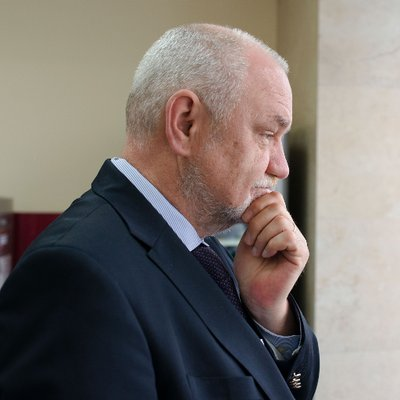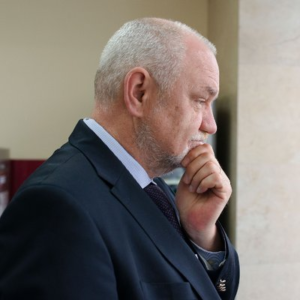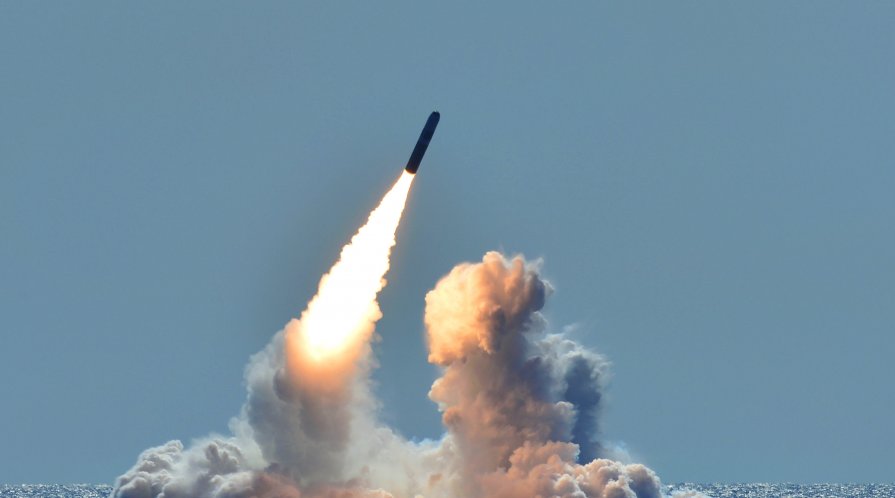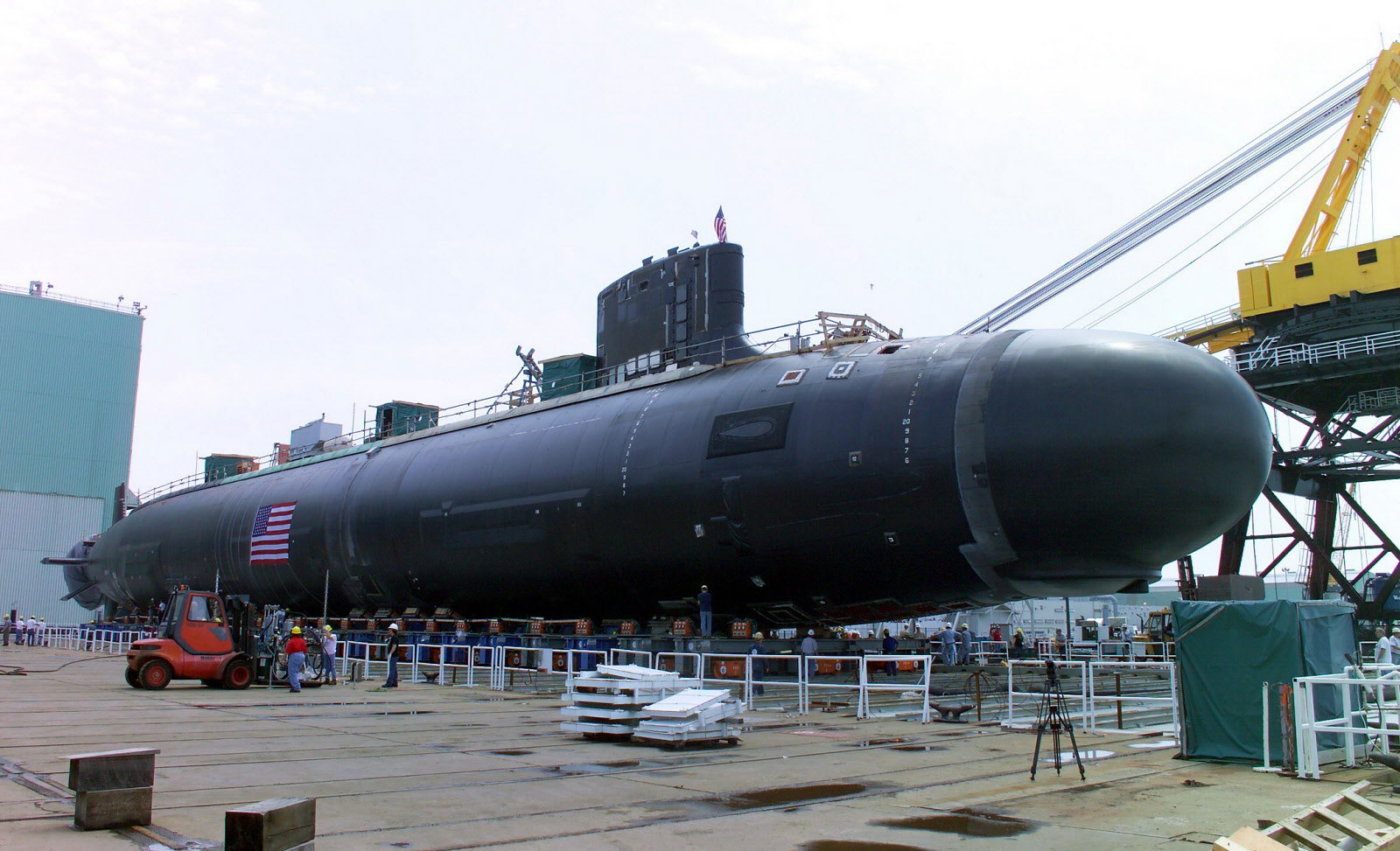
VCDNP Senior Fellow Nikolai Sokov has a new policy brief published by the Toda Peace Institute on "US-Soviet Arms Control During Détente: Lessons for the Present."

As the world has entered an unstable and dangerous phase in 2010s, experts look back to the détente of the 1970s in search of lessons to be drawn and examples to follow. Can that experience be replicated? How can we launch a new arms control effort at the time of worsening and increasingly dangerous geopolitical competition? If two rival superpowers could engage in a cooperative endeavor in the midst of a geopolitical conflict, perhaps we could repeat the experience today and mitigate the more dangerous aspects of the conflict that will likely continue for an extended period of time.
Dr. Sokov posits that although arms control has always been associated with détente, in fact it began much earlier and developed in a more sustainable fashion. Certain progress in arms control took place even when repeated attempts at détente failed and it continued long after détente ended. In contrast to détente, arms control was not designed to change the fundamentals of the Cold War system. Rather, it was supposed to make it safer and was spurred by the realization that attempts to redraw the balance of power through military means were mortally dangerous. In principle, this means that today arms control can be launched independently of all other conflicts between the West and Russia: new negotiations only need a political decision. In fact, these conflicts make arms control more desirable and needed.
The full brief is available here and for download on the Toda Peace Institute's website.

